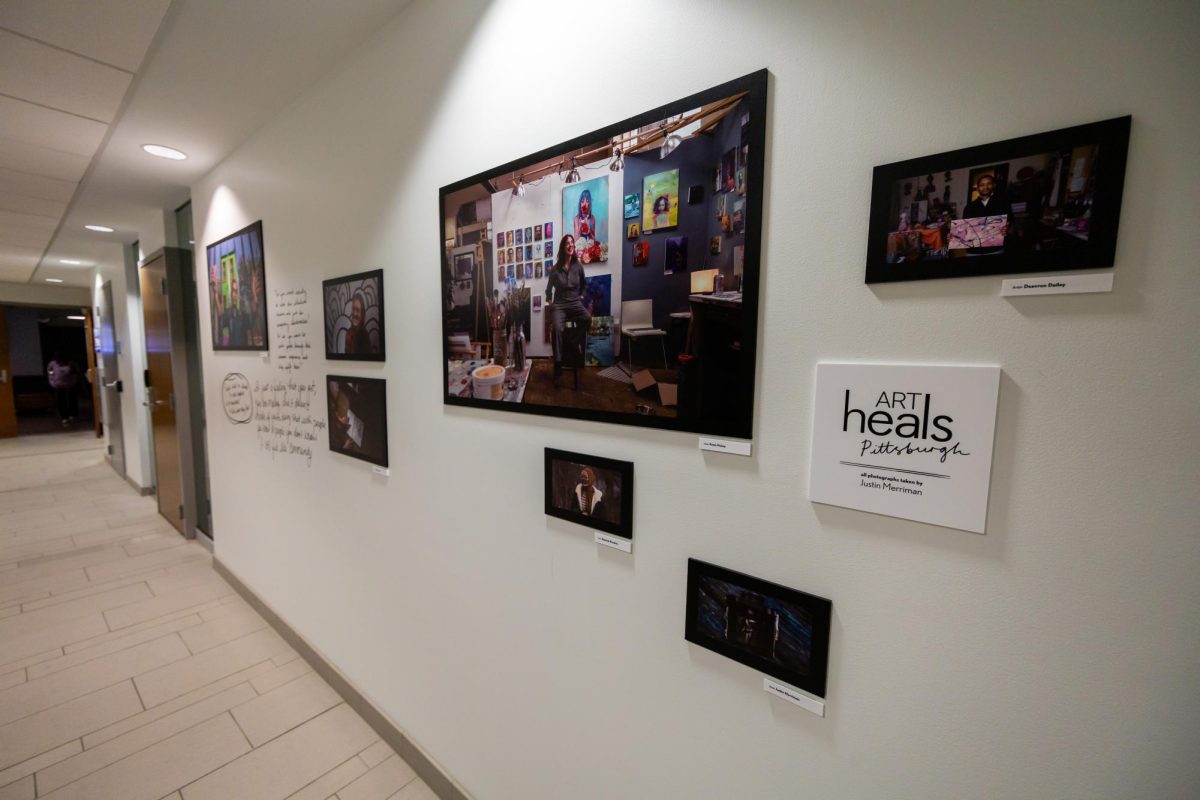Kozlowski: Science should supersede superstition
February 15, 2009
Recently I had an old Motown song stuck in my head: ‘When you believe in things that you don’t… Recently I had an old Motown song stuck in my head: ‘When you believe in things that you don’t understand, then you suffer. Superstition ain’t the way.’ Even in our supposedly enlightened, post-atomic, post-microchip, post-Internet era, silliness abounds. Some people refuse to step on cracks in the sidewalk, some won’t pick up a coin unless it’s facing heads up and some athletes won’t even wash their socks until they lose a game. A lot of these superstitions don’t make much sense. First, why is 13 considered unlucky while seven is lucky and, say, 17 and 19 are completely undistinguished? All of these numbers are prime. Granted, seven is the most likely roll on a pair of dice, but if we play dice with dodecahedrons, that is, a solid with 12 faces, 13 would be the most likely roll. The luckiness or unluckiness of a number varies by culture. In Poland, for example, you shouldn’t give somebody a dozen roses ‘mdash; odd numbers are the way to go. The number seven is considered unlucky in China, yet six and eight are lucky. Astrology is another big superstition. Philip Plait, in his excellent book ‘Bad Astronomy,’ explains how gravity and electromagnetic effects ‘mdash; two mechanisms responsible for other planets’ supposed influence on Earth’s functions ‘mdash; are miniscule because of the vast distances involved. From a gravitational standpoint, the moon has much larger effects on Earth than other planets do, which we see clearly in the tides. Tackling every single superstition extant is not possible, yet these two are popular ones. Why do people believe in them? The first explanation relates to human psychology. We tend to remember the things that are noteworthy, like James Harrison’s 100-yard runback, and forget things not so noteworthy, like the disappointing TV commercials. When our superstitions correctly predicted something, we remember that occasion. We quickly forget, however, those times we walked underneath a ladder and were not run over by the 71A. Forgetting when a superstition was wrong and remembering when it was coincidentally right reinforces the belief but never discredits it. Superstition also seeks to explain those phenomena that are otherwise unexplainable. Early mariners ‘mdash; a superstitious bunch indeed ‘mdash; did not have Doppler radar, long-term climate studies and NASA satellites to explain something very important to them: the weather. Shooting an albatross seemed as good a reason for misfortune as an area of persistent low pressure ‘mdash; and humans want to understand things. Why else did we ever start studying the world and developing the very science that allows me to laugh at superstition today? These superstitions pre-date science and have been around long enough for them to be firmly ingrained. The final and perhaps most compelling reason that folks trust superstitions is that they don’t want to face the Shakespearean postulate that ‘The fault, dear Brutus, is not in our stars, / But in ourselves.’ When it comes to a bad test grade, for example, it’s always much easier to blame something other than your poor study habits. Maybe you were born under the constellation of Cygnus. Superstition serves to excuse our faults and flaws. So why should the scientifically minded care about superstitions? Big deal if some people won’t leave their house because the Queen of Cups and the Jack of Napes turned up the last time they consulted their tarot deck. At least they aren’t busy crowding the 71A that you failed to get hit by. Well, we should care. People make a lot of money from this kind of claptrap: A Web site offered a numerological reading on my relationship status, for the low, low price of $29.95. I think they even threw in the shipping and handling. Personally, I’ll take a girl to lunch for that price and probably get a better result. Finally, superstition and scientific misconception are often companions.’ In an era that demands scientific solutions to major problems like global water shortages, food difficulties and alternative energy, an ignorant public is no asset. With any luck, we can leave superstitions behind us and realize, in the words of Stevie Wonder, ‘Superstition ain’t the way.’ E-mail Mark at [email protected].







